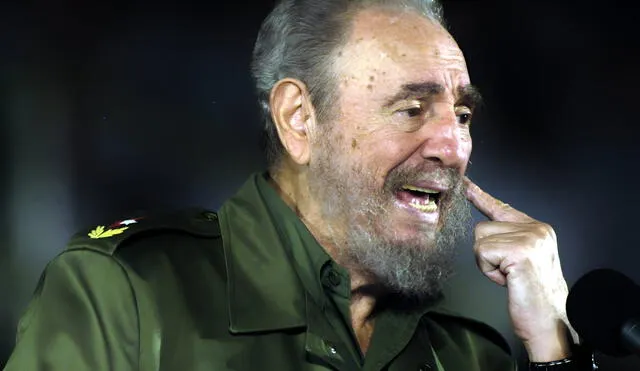Declassified JFK files reveal Fidel Castro's covert support for Brazilian communists during the Cold War
Newly declassified JFK files expose how Fidel Castro’s regime secretly influenced Brazil before the 1964 coup, revealing a hidden Cold War battle for Latin America.

Newly declassified JFK assassination files have unveiled Cuba's covert involvement in Brazil during the Cold War. The documents, released on March 18, 2025, detail how Fidel Castro's regime actively supported communist movements in Brazil, providing funds, guerrilla training, and propaganda assistance to subversive groups.
How Cuba’s covert influence in Brazil sparked U.S. countermeasures during the cold war
Prior to the 1964 military coup that ousted President João Goulart, Cuba intensified its subversive activities in Brazil. The Castro regime aimed to expand its influence by backing leftist factions, raising concerns within the U.S. government about a potential communist takeover in Latin America's largest nation.
In response, the Kennedy administration launched the "Cuba Project," an initiative designed to counteract Castro's influence not only in Cuba but also in neighboring countries like Brazil. This project involved various covert operations to undermine communist efforts and prevent the spread of socialism in the region.
Cold War Secrets: How the U.S. and Cuba Battled for Influence in 1960s Brazil
One specific operation targeted a planned 1964 meeting of the Unitary Trade Union Federation for Latin America in Brazil, perceived by Washington as a gathering of leftist leaders aiming to unify socialist and communist agendas. The CIA proposed propaganda campaigns and diplomatic pressure to disrupt the event, reflecting the heightened tensions of the era.
These revelations shed light on the intricate geopolitical dynamics of the 1960s, illustrating the lengths to which both the United States and Cuba were willing to go to expand their ideological spheres of influence in Latin America. The declassified documents offer a deeper understanding of the clandestine operations that shaped the political landscape of the region during the Cold War.












